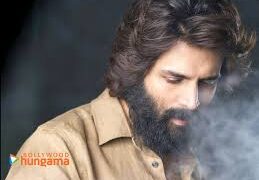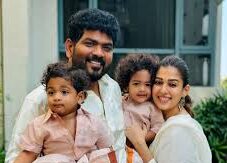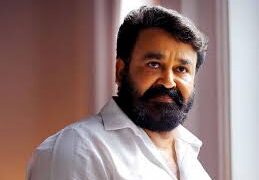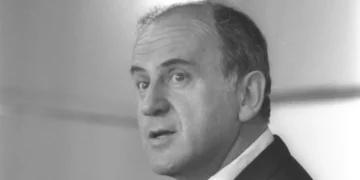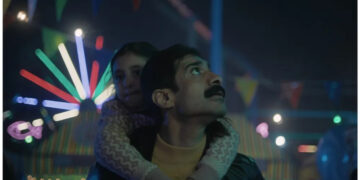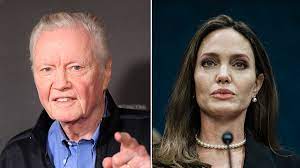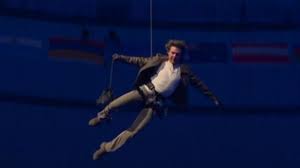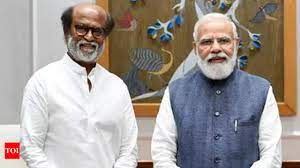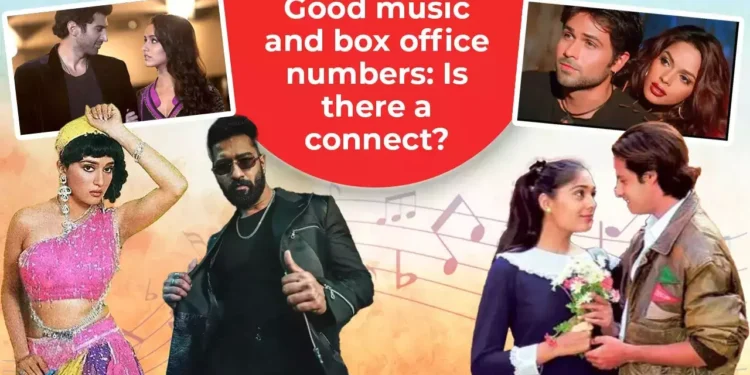For decades, song-and-dance routines have been integral to Hindi cinema, making it globally recognizable. However, many Indian filmmakers have sought to break this image, aiming to demonstrate that Hindi cinema is more than just its musical numbers. Despite this shift, the role of music in attracting audiences to theatres remains undeniable, whether in the 90s or today.
The 90s era is often remembered fondly for its iconic music, which played a crucial role in drawing people to theatres. Veteran composer Viju Shah, known for his work in films like “Gupt” and “Mohra,” recalls how music dominated every corner and naturally drew audiences. However, he notes that today’s music landscape is different, with fewer extended songs and a diminished ability to gauge a song’s popularity based solely on public play.
Film trade expert Taran Adarsh asserts that music still holds significant relevance. He highlights how the song “Tauba Tauba” contributed to the opening weekend success of Vicky Kaushal’s “Bad Newz.” Adarsh cites examples from the past, such as “Ek Do Teen” from “Tezaab” and “Choli Ke Peeche” from “Khalnayak,” emphasizing that good music can elevate a film’s appeal and attract audiences.
Vicky Kaushal and Sara Ali Khan’s film “Zara Hatke Zara Bachke,” which was a sleeper hit, partly owes its success to its music, particularly the song “Tere Vaste Main Chand Launga.” Music composers Sachin-Jigar, who worked on the film, believe that music helps convey a film’s vibe and connect with the audience. They aimed to create simple, relatable songs that resonate with people, maintaining the film’s authenticity and simplicity.
Producer and film expert Girish Johar supports this sentiment, stating that music is crucial in exciting audiences and driving them to theatres. He observes that most successful films have hit songs, which help emotionally connect the audience to the film.
Despite some filmmakers’ inclination to omit music, considering it “uncool,” the importance of music in Hindi films cannot be overlooked. Ramesh Taurani, head of the music label Tips and a producer, argues that music is essential for Hindi movies. He points out that even successful South Indian films like “Baahubali” and “RRR” have great music. Taurani emphasizes that paying attention to music can significantly boost a film’s box office potential.
Manoj Desai, executive director of Gaiety Galaxy and Maratha Mandir cinema, concurs, highlighting the enduring popularity of songs from older films like “Khuda Gawah.” He notes that good music has historically contributed to a film’s success and laments the current lack of content and quality music in films.
Sachin-Jigar, known for their popular songs, argue that music acts as a souvenir, making films memorable. They believe that music differentiates Hindi films from others worldwide, citing examples where music has significantly enhanced a film’s appeal.
Viju Shah acknowledges that the picturisation of songs can elevate their impact, as seen with “Gupt.” Girish Johar agrees, noting that some songs gain popularity post-release and help boost a film’s success, either in theatres or on OTT platforms.
There is a growing realization of music’s importance post-pandemic, with filmmakers once again prioritizing good music. Sachin-Jigar, who composed the “Stree 2” album, observe that filmmakers now understand the value of integrating music into films rather than just using it for promotional purposes. They note a renewed effort to create and promote good music, reflecting its critical role in a film’s success.











